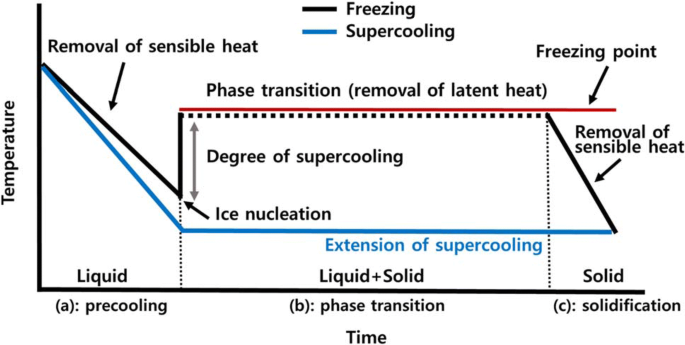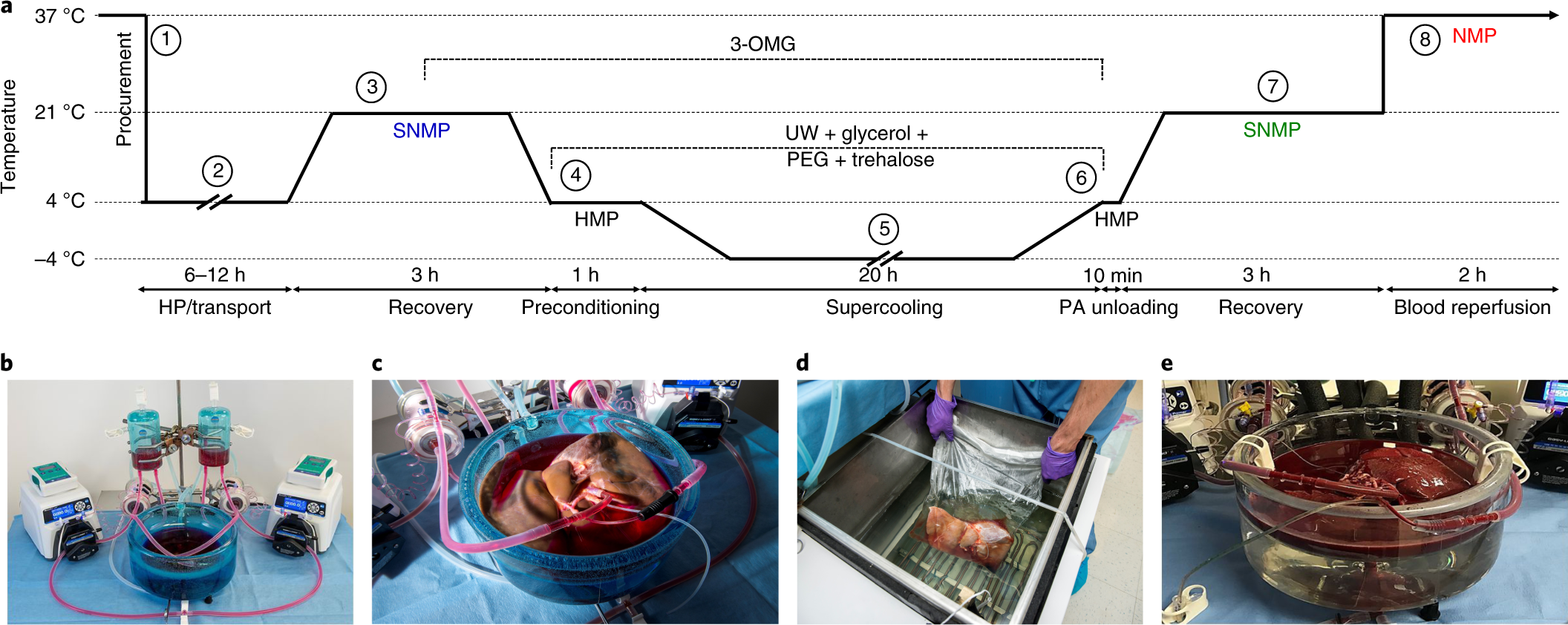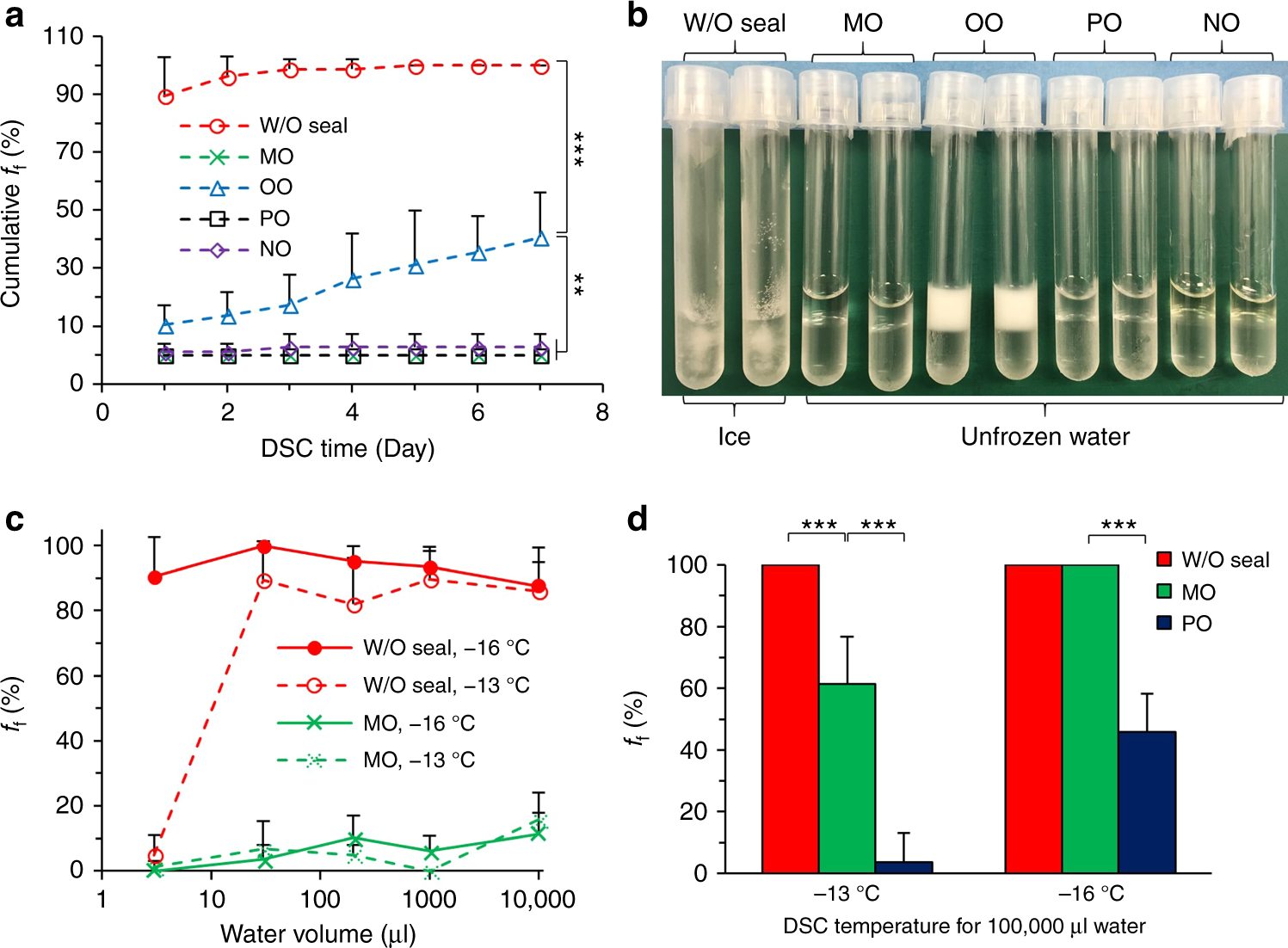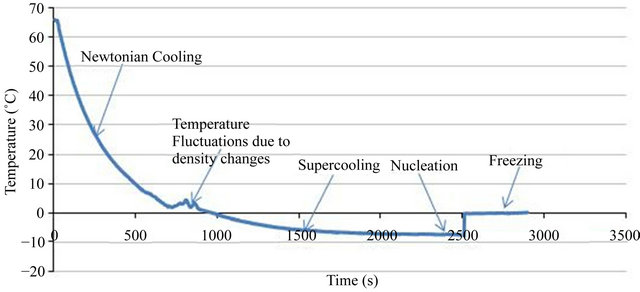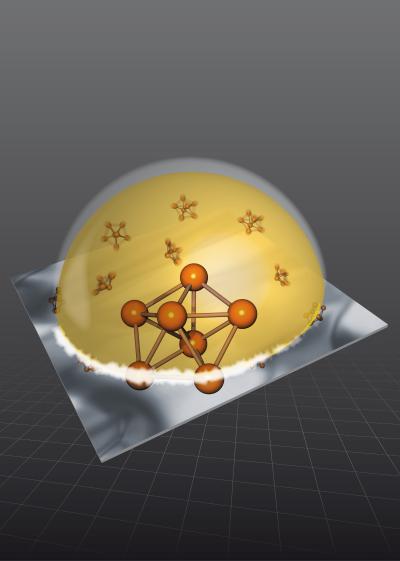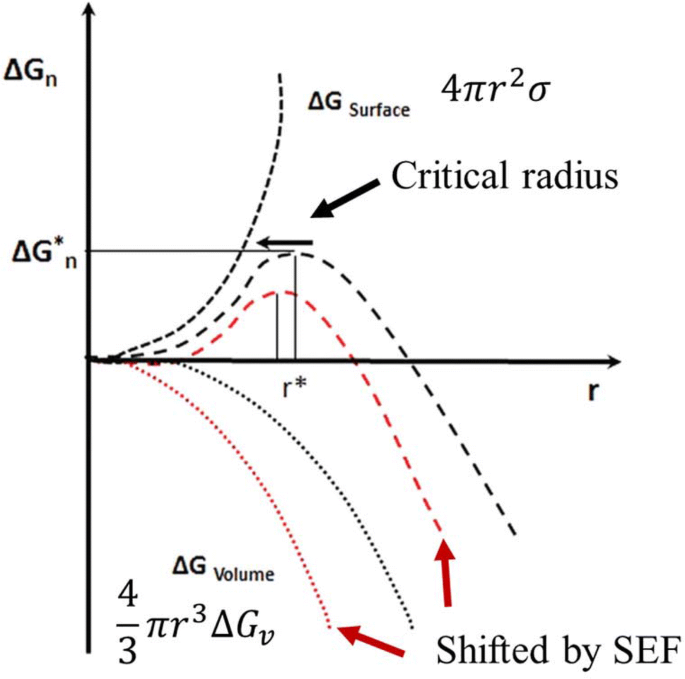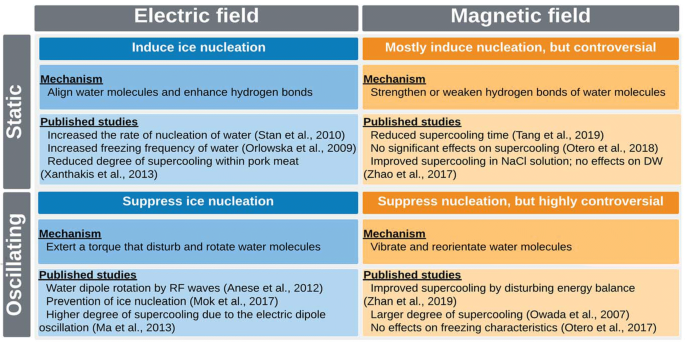Spectacular Info About How To Prevent Supercooling
Supercooling refers to the cooling of a liquid below.
How to prevent supercooling. The simplest way to supercool water is to chill it in the freezer. If all the energy were to be taken away from them instantly, they will all stop where they were. Mineral water or tap water will not supercool very well because they.
Supercooling, also known as undercooling, is the process of lowering the temperature of a liquid or a gas below its freezing point without it becoming a solid. Based on this they have. The lyophilization process involves three steps;
How to prevent supercooling of heat storage material info. When supercooling your house, you can't solely rely on your thermostat to make a difference. Conversely freeze tolerant insects, such as the new zealand.
Ice barriers promote supercooling and prevent frost injury in reproductive buds, flowers and fruits of alpine dwarf shrubs throughout the summer ☆. In order to prevent the sticking of droplets, several drops of oxidizer were added (usually phthalic acid or organic peroxide). Especially below zero, where it is dubbed supercooled water, before it turns into ice.
Get used to the chill. It achieves this in the absence of. In the first step, a frozen matrix is formed wherein water is converted into ice.
How do you make supercooling water? At noon turn it off if you work. Deep supercooling in plant tissues prevents intracellular freezing while limiting the degree of cellular dehydration (fujikawa et al., 1996 ).
However, the water will not freeze, because freezing requires a more ordered arrangement of. Place an unopened bottle of distilled or purified water (e.g., created by reverse. Physicists have recently observed the spontaneous first steps of the ice formation.
Supercooling means your house will get pretty chilly at night,. Place an unopened bottle of distilled or purified water (e.g., created by reverse osmosis) in the freezer. The additional amount is 0.05 g phthalic acid per 1 g metal.
Edith kuprian, a verónica f.
